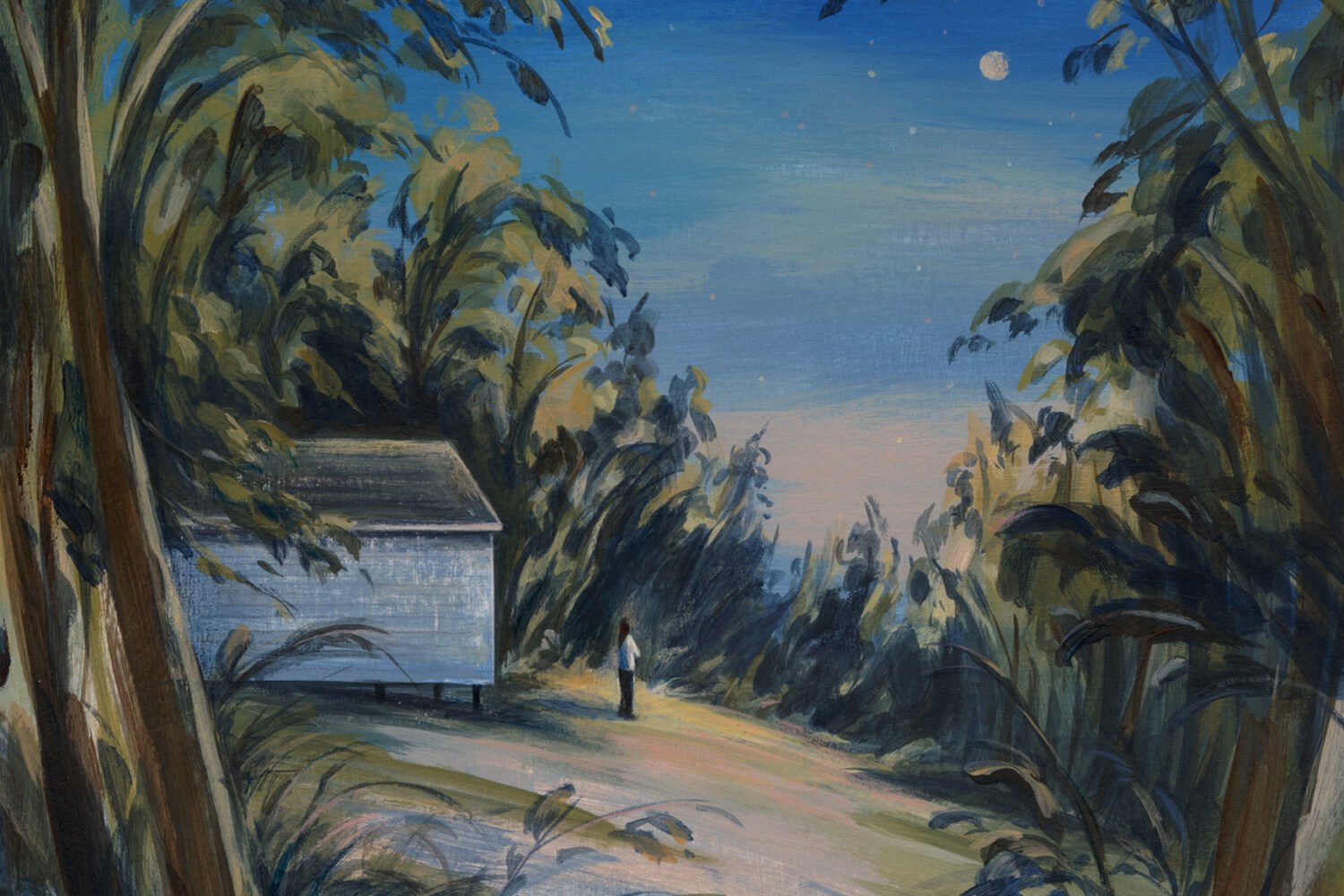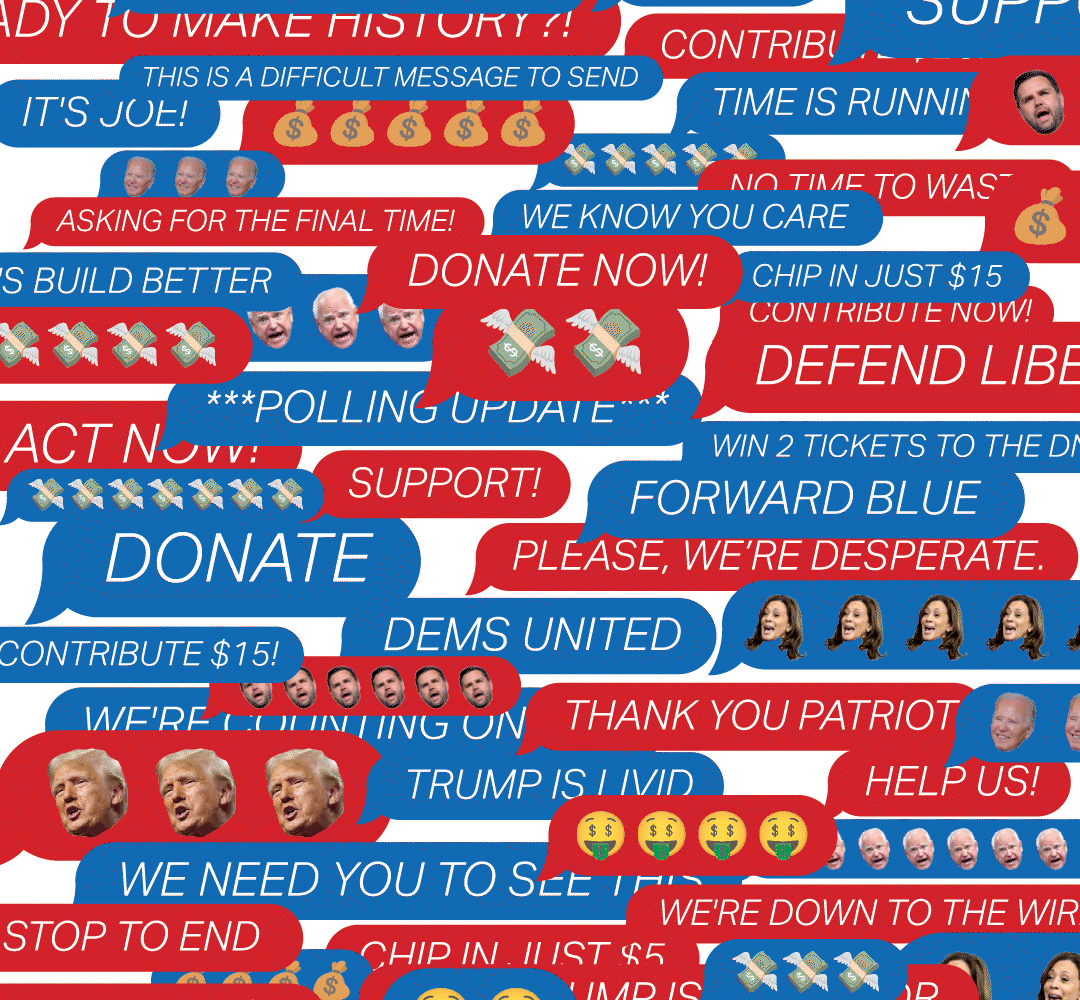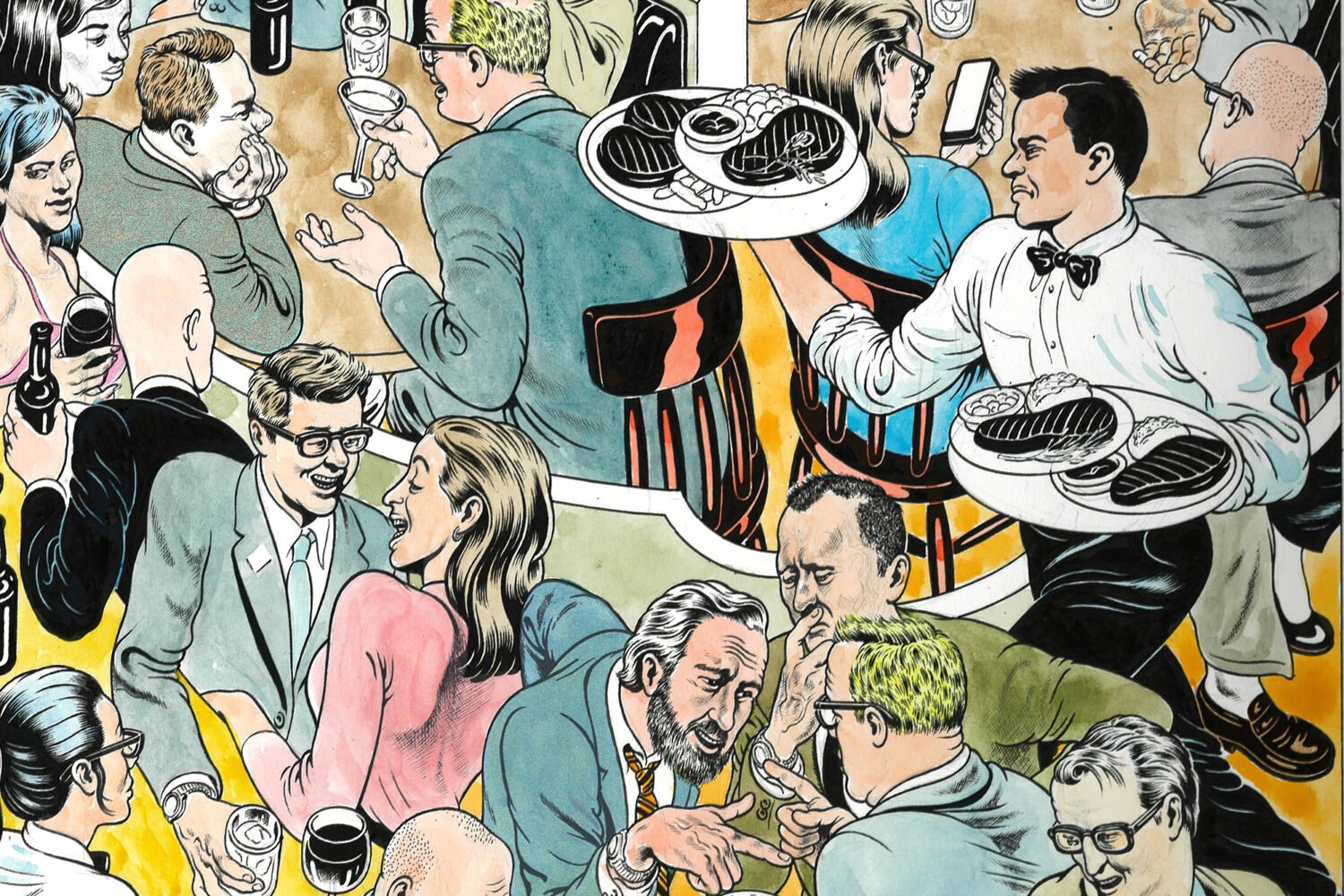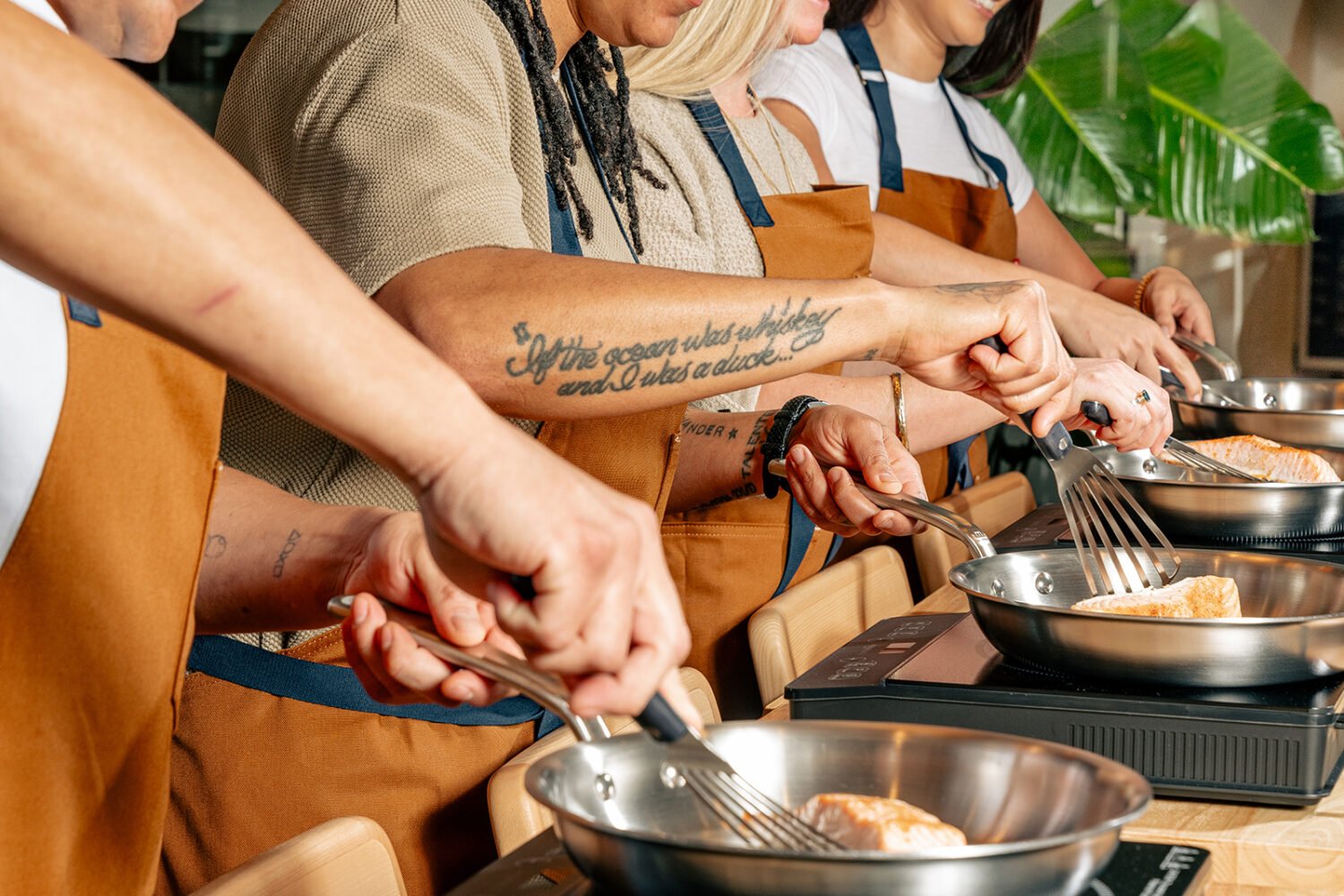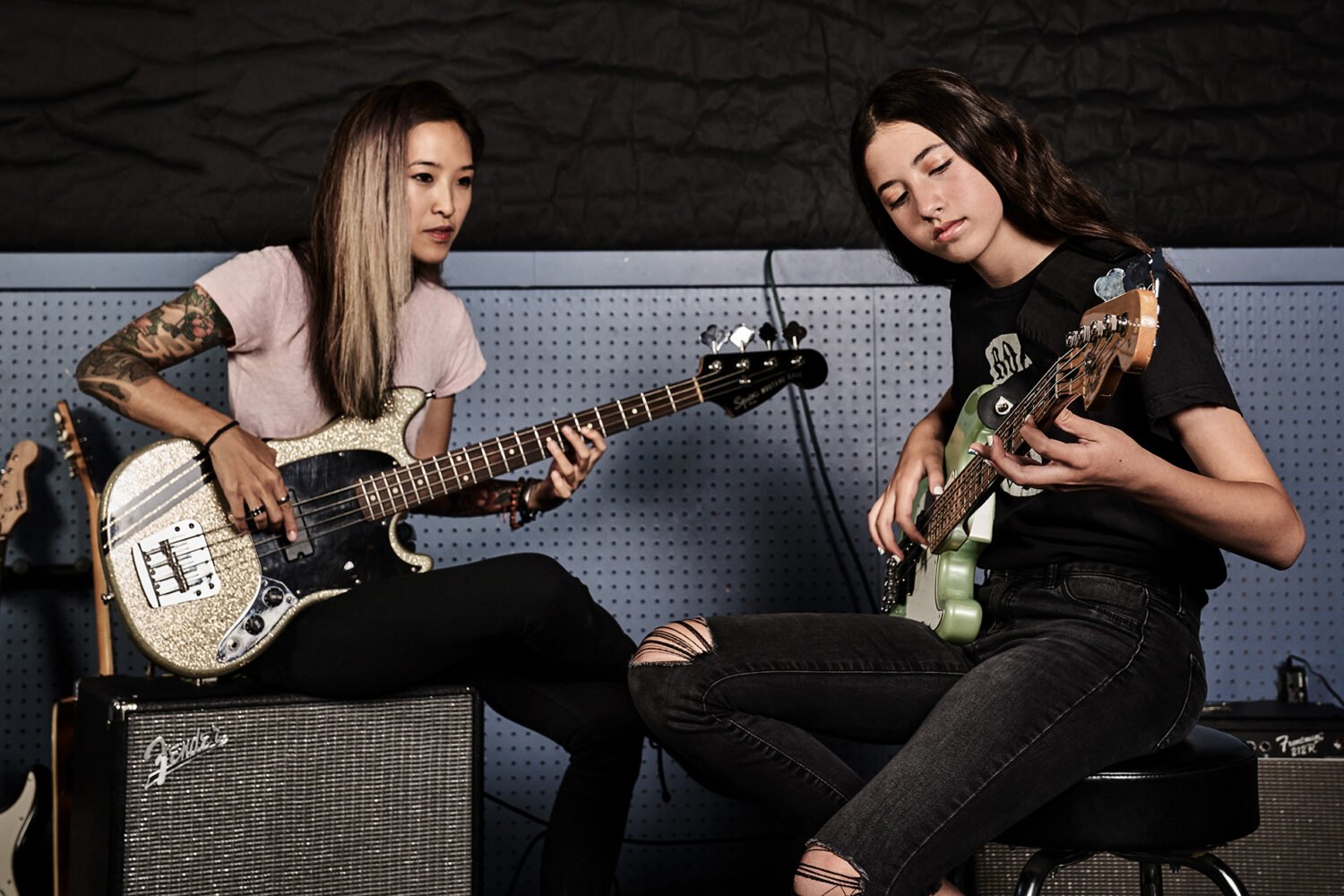Contents
Embrace the Uphill Climb
For many adults, learning something new starts as a search for a fun hobby, which means we expect it to be, well, fun. But according to Boser, if you’re not a little uncomfortable, the lessons might be less productive. “Some type of struggle tends to benefit your learning,” he says. Leveling up the difficulty forces you to develop new abilities, and a little challenge helps an experience stand out in your mind.
Back to Top
Experiment With Different Strategies
It’s the same idea from our school days–that to make something really stick, you can’t rely just on memorization. Boser uses the piano as an example: Rather than rehearsing the same song over and over until it’s perfect, you’ll benefit from your practice more if you alternate among different pieces. It’s the difference between passively knowing the right notes and understanding how they work in tandem. Another solid method is to teach what you’re learning to someone else, in turn breaking it down for yourself.
Back to Top
Don’t Box Yourself Into One Method
According to Boser, one of the most enduring fallacies is that some people learn better in a single specific way. However, the idea of being an auditory, kinesthetic, or visual learner is considered a myth among education experts. Boser says the best kind of learning depends more on the skill than on the person. After all, you wouldn’t listen to a soccer podcast to master dribbling, even if you’re someone who prefers absorbing information through listening.
This article appears in the December 2024 issue of Washingtonian.


